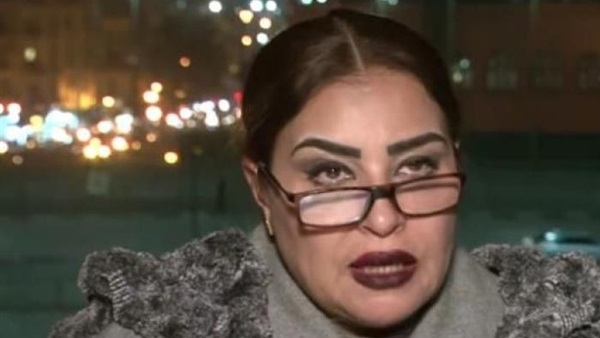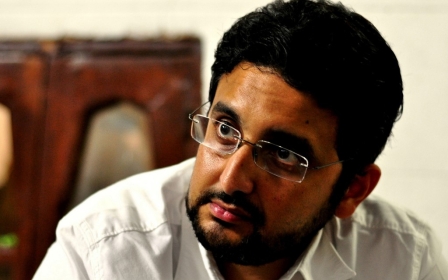Egyptian MP introduces bill to criminalise 'inappropriate clothing'

Egyptian MP Ghada Agamy introduced a bill to parliament on Wednesday calling for the criminalising of public actions that she says are contrary to Egyptian culture.
The bill, titled “Egyptian public manners”, seeks to regulate public behaviour, including clothing, playing music, graffiti, "behaviour of a sexual nature", and verbal expressions deemed harmful to the public.
The MP said in a statement that the bill, if passed, would be implemented by the ministry of interior along with other “competent authorities”.
The bill, according to its third article, requires anyone in a public place to “respect values, habits, traditions and the general culture” in Egypt.
The fourth article states that “it is forbidden to appear in a public place with immodest clothing, or to wear any outfit with images, shapes or signs deemed offensive to public taste”.
New MEE newsletter: Jerusalem Dispatch
Sign up to get the latest insights and analysis on Israel-Palestine, alongside Turkey Unpacked and other MEE newsletters
The bill proposes fines of between 500 and 5,000 Egyptian pounds ($30-300) as punishment for offenders. It has yet to be discussed by parliament.
The MP, who represents the constituency of Egyptian expatriates, has previously introduced a number of controversial bills, including a proposal to ban the wearing of the niqab women’s face veil in government buildings.
The Egyptian parliament, in session since January 2016, is predominantly supportive of President Abdel Fattah el-Sisi, who came to power in a military coup against his predecessor Mohamed Morsi in 2013.
Sisi's government has enforced a wide crackdown on political and personal freedoms, with thousands of political prisoners jailed since he came to power.
His government justifies the crackdown as a means of countering terrorism, which has been on the rise since he became president.
Egypt's parliament speaker, Ali Abdelaal, sparked outrage earlier in the month when he favourably compared Sisi to Adolf Hilter, saying the Nazi leader “made mistakes” but “built a strong infrastructure” for his country.
He later claimed his statement was taken out of context.
Middle East Eye delivers independent and unrivalled coverage and analysis of the Middle East, North Africa and beyond. To learn more about republishing this content and the associated fees, please fill out this form. More about MEE can be found here.





